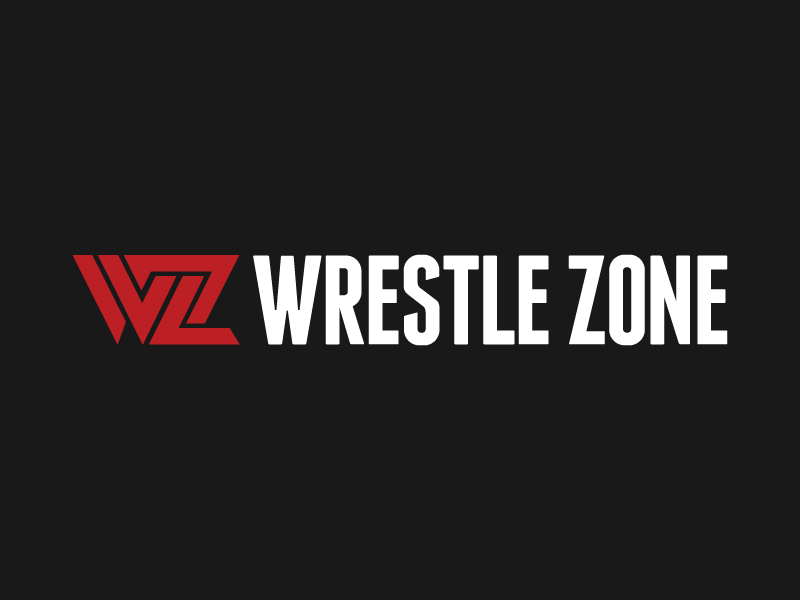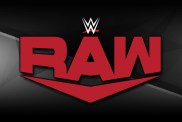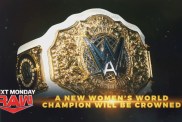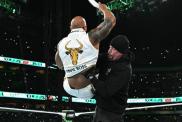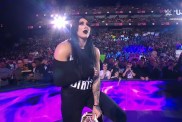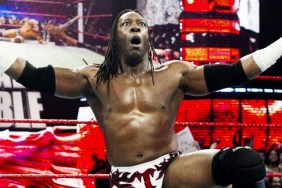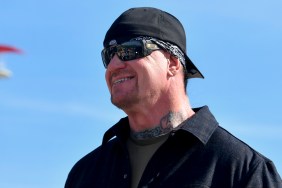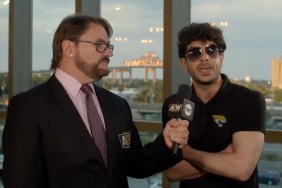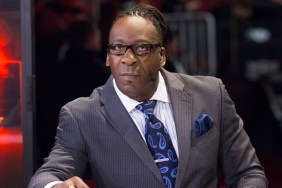 A new article posted on The Atlantic’s website examines the characters and gimmicks in professional wrestling, and alledges there is still a lot of racism in WWE.
A new article posted on The Atlantic’s website examines the characters and gimmicks in professional wrestling, and alledges there is still a lot of racism in WWE.
The article is interesting in timing, since a few days ago WWE Hall of Famer Ron Simmons had recently denied racism exisiting in WWE, saying everyone has an opportunity at succeeding there. Simmons’ comments specifically were in response to a question of black champions in WWE, but the article looks at it on a larger scale.
Below are a few excerpts from the article on the Atlantic site:
On Rusev’s recent matches with black talents:
Rusev has been squashing black wrestlers almost exclusively since his debut back in April. Before Big E, there was R-Truth, who comes down to the ring dancing and rapping; Kofi Kingston, a Jamaican whose accent mysteriously vanished a year or so after his debut; and Xavier Woods, a legitimate Ph.D. candidate when outside the ring, but a funk-loving dancing machine within it.
Fans online remarked in amusement at the coincidence, at first. Kingston, Truth, and Woods are perpetual losers called “jobbers,” meant to get beaten by whoever the WWE brass have decided to push that month. Before Payback, even Big E joked in a tweet that stopping Rusev might involve putting back together the Nation of Domination, a controversial black-power faction formed in WWE in the mid-‘90s. That tweet was quickly deleted, and perhaps in response, the next guy Rusev beat had a lot less melanin in his skin, a Jersey Shore-inspired jobber named Zack Ryder.
On Booker T “Almost” Winning The Big One:
Booker T once came close to winning the big one. In the buildup to Wrestlemania 19 in 2003, Raw’s world championship was safely in the hands of Triple H, a performer named Paul Levesque who was playing a “franchise” character, a cocky bad guy who everyone is supposed to hate because he always wins. Triple H’s first character was named Hunter Hearst Helmsley, a New England blueblood. The franchise character was based on sports teams like the New York Yankees and the New England Patriots, teams that have been so good for so long that people are eager for someone to come along and dethrone them. Nothing more accurately describes Triple H in 2003. People were tired of him winning. They wanted an underdog, and that underdog was Booker T.
As with many things in professional wrestling, the logic doesn’t hold up if you look at it too much. Booker T was, as he would put it, a five time, five time, five time, five time, five time world champion in WCW, a company that surpassed WWE in ratings for a significant chunk of the time he was champion there. But in order for the feud with Triple H to work, Booker T had to be convincingly portrayed as the underdog. But what on Earth would make Booker T the underdog against Triple H?
Well, Booker T is black and Triple H is white. That’s it. That was the story line, almost explicitly.
BP: There are several other “examples” in the article, but it doesn’t prove any wrongdoing on WWE’s part. Almost everything in the article has been talked about by wrestling fans for years; Rusev fighting only black wrestlers is a meme now. I’m of the opinion that Booker T should have won at Wrestlemania XIX, but that decision still doesn’t take away from a very good match, and Booker T had a Hall of Fame career. As for the article overall, it “lifts the curtain” to serve it’s purpose, presents actual facts and addresses most of the complaints fans have had over the years, including how the angles and matches went down, but WWE won’t change anything.
